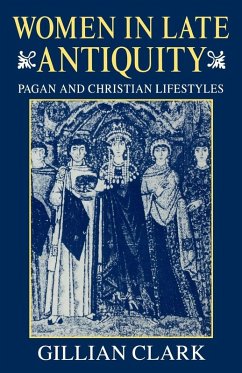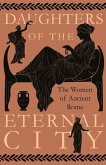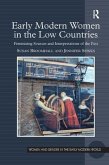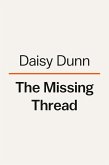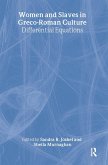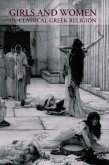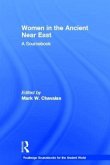Although there are many books on women in the ancient world, this is the first to explore in depth what life was like for women in the period of late antiquity (3rd to 6th centuries AD) once Christianity became the dominant religion. It is also unique in focusing on both pagan and Christian lifestyles. Dr Clark provides a fascinating and comprehensive introduction to the basic conditions of life for women: marriage, divorce, celibacy, and prostitution; legal constraints and protection; child-bearing, health care and medical theories; housing, housework, and clothes; and ancient, some still influential, theories about the nature of women. The author uses a wide range of source material - both Christian and non-Christian writings, art, and archaeology - to illustrate both what life was really like and the prevailing "discourses" of the ancient world.
This book bridges a gap between two traditional disciplines. Since the 1970s, there has been a remarkable outpouring of work on women in antiquity, but women in late antiquity (3rd-6th centuries A.D.) have been far less studied. Classicists have been more concerned with the first two centuries A.D., and theologians have been interested in New Testament, rather than patristic, teaching about women or its social and cultural setting. In this book, Clark offers an introduction to the basic conditions of life for women: marriage, divorce, celibacy and prostitution; legal constraints and protection; child-bearing, health care, and medical theories; housing, housework, and clothes; and the general assumptions about female nature which were discarded at need. Christian and non-Christian literature, art, and archaeology are used to exemplify both the practicalities of life and the prevailing "discourses" of the ancient world.
Hinweis: Dieser Artikel kann nur an eine deutsche Lieferadresse ausgeliefert werden.
This book bridges a gap between two traditional disciplines. Since the 1970s, there has been a remarkable outpouring of work on women in antiquity, but women in late antiquity (3rd-6th centuries A.D.) have been far less studied. Classicists have been more concerned with the first two centuries A.D., and theologians have been interested in New Testament, rather than patristic, teaching about women or its social and cultural setting. In this book, Clark offers an introduction to the basic conditions of life for women: marriage, divorce, celibacy and prostitution; legal constraints and protection; child-bearing, health care, and medical theories; housing, housework, and clothes; and the general assumptions about female nature which were discarded at need. Christian and non-Christian literature, art, and archaeology are used to exemplify both the practicalities of life and the prevailing "discourses" of the ancient world.
Hinweis: Dieser Artikel kann nur an eine deutsche Lieferadresse ausgeliefert werden.

